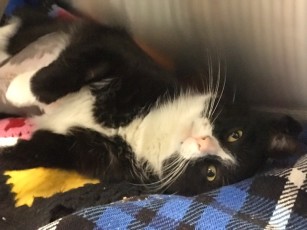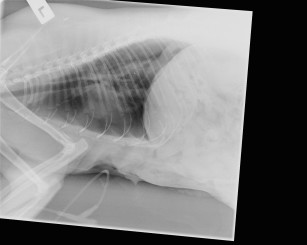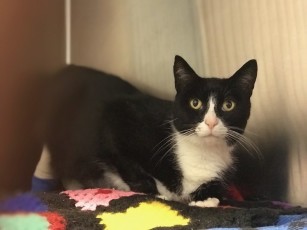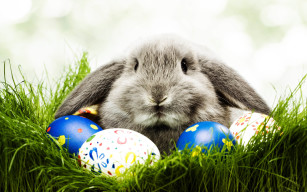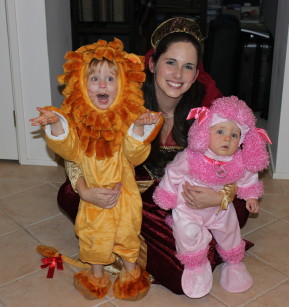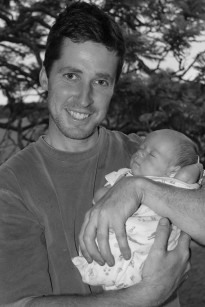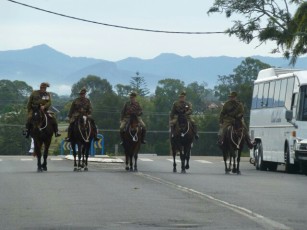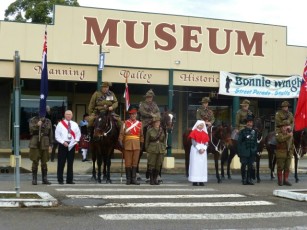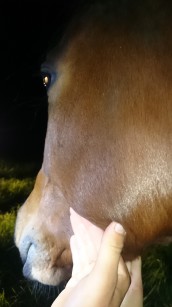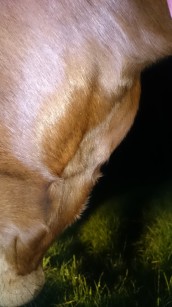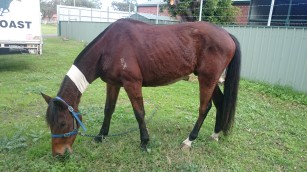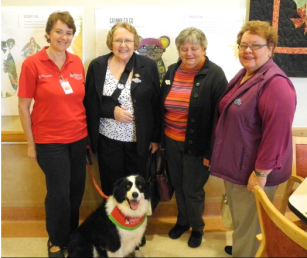It's not just what we know... it's how much we care!
In The Spotlight
Gold-Accredited Cat-Friendly Hospital
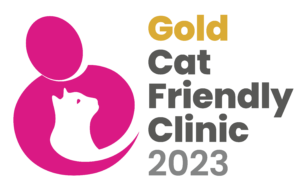 We are extremely proud to have achieved ISFM Gold-level accreditation as a Cat-Friendly Hospital. We are the only Vet between the Hunter Valley and Brisbane to have the highest level of cat-friendly accreditation.
We are extremely proud to have achieved ISFM Gold-level accreditation as a Cat-Friendly Hospital. We are the only Vet between the Hunter Valley and Brisbane to have the highest level of cat-friendly accreditation.

Our amazing cat condos have lots of space, multiple levels and sleeping areas and a separate private litter tray area – these are all necessary for Gold Cat Friendly Accreditation
Benefits of accreditation:
- Separate dog and cat waiting areas
- Feline-friendly hospitalisation cages (our cat patients just love our new cat condos!)
- Veterinary equipment specifically for treating cats
- Staff protocols that ensure cats are handled sensitively and respectfully
- A dedicated “Cat Advocate” staff-member who ensures the hospital continues to uphold rigorous standards for cat handling and care each and every day
- Maintaining high standards of veterinary care, including continuing to update their knowledge of feline medicine as new knowledge becomes available.
Case of the Month: Blackie’s Diaphragmatic Hernia
Blackie came in to us with severe breathing difficulties after he had gone missing for a few days. Based on the severity of his breathing problem, our vet suspected he may have chest trauma from being hit by a car. We immediately took some emergency chest xrays to diagnose the problem.
A chest xray revealed his stomach, liver and intestines were sitting in his chest instead of in his abdomen where they should be. This means that the abdominal organs are squashing Blackie’s lungs so they can’t inflate properly. This condition is called a diaphragmatic hernia – the muscle sheet separating his chest from his abdomen (diaphragm) had ruptured, meaning all his abdominal organs can move up into his chest. The most common cause of this is blunt force trauma such as a car accident or falling out of a tree.
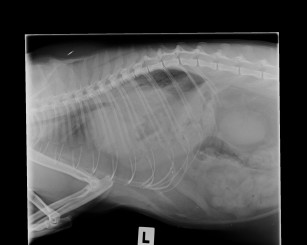
Blackie’s initial xray where the entire lung field (which should appear black) is grey because of the abdominal organs (liver, intestines, stomach) sitting in the chest cavity.
We took Blackie straight to surgery to repair the diaphragm and improve his breathing. This involved moving the stomach, liver, gallbladder and intestines back into the abdomen where they should be and stitching the diaphragm back together while someone ‘ventilated’ Blackie (breathed for him) throughout the surgery.
Blackie went extremely well after the surgery (we all just loved him he was very smoochy and cuddly) and after several days in hospital, he went home to his loving owner. Patients like Blackie and his lovely owner are why we love our job so much. He is such a beautiful cat and now he can go on to live a full and happy life.
Easter Colouring Competition!!
May 2017 Small Animal Newsletter now available!!
At Wingham and Valley Vets one of our core values is continuing education, and so we have recently started small and large animal newsletters for all our valued clients.
We are hoping that you will find the newsletter interesting and informative, and that it will be a valuable resource. Here is the current May 2017 newsletter:
Small Animal May 2017 Newsletter
Every month will have a different focus, with a variety of articles about recent interesting cases and current animal health problems in the district.
You can read our current and past newsletters here.
April 2017 Large Animal Newsletter now available!!
At Wingham and Valley Vets one of our core values is continuing education, and so we have recently started a large animal newsletter for all our valued equine and cattle clients.
We are hoping that you will find the newsletter interesting and informative, and that it will be a valuable resource to farmers and horse owners. Here is the current April 2017 newsletter:
Every month will have a different focus, with a variety of articles about recent interesting cases and current animal health problems in the district.
The newsletter will also contain upcoming run dates.
You can read our current and past newsletters here.
Welcome Michael and Alissa!
This year the practice was thrilled to welcome Michael and Alissa Healy to our veterinary team as  practice Directors. Michael and Alissa recently moved to Wingham from the Hunter Valley with their two young daughters, Eleanor and Susannah. Both have extensive mixed practice experience and they are looking forward to providing a high quality, thorough, caring and compassionate service to all our valued clients.
practice Directors. Michael and Alissa recently moved to Wingham from the Hunter Valley with their two young daughters, Eleanor and Susannah. Both have extensive mixed practice experience and they are looking forward to providing a high quality, thorough, caring and compassionate service to all our valued clients.
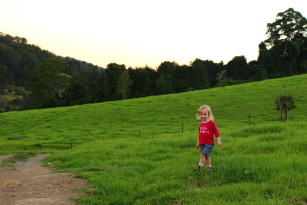 Michael and Alissa are excited to be part of the Wingham community and they are looking forward to getting to know you all. Their young family is loving the Manning Valley so far!
Michael and Alissa are excited to be part of the Wingham community and they are looking forward to getting to know you all. Their young family is loving the Manning Valley so far!
For more information about their experience and special interests, click on our staff page.
Beware of Small Strongyles (if you are a horse)…..
Recently, we have noticed a large number of colic cases in our local area.
One such horse, Billy, belongs to Robyn, one of our staff members. Although pictured above at the Bonny Wingham Scottish Festival looking wonderful (the middle horse), eleven days later he presented with colic involving extreme pain and thrashing, and subsequently underwent abdominal surgery at the Newcastle Equine Centre.
Surgery showed severe inflammation which was the cause of the colic. The inflammation in turn had been caused by a persistent worm called an encysted small strongyle. This worm is becoming more common and it is not eradicated by the use of standard equine drenches. These worms don’t lay eggs, so a faecal egg count may give us a negative worm count! The only products which are working effectively against these worms are either “Equest” or a five day course of Panacur 100. Billy had been treated with Panacur the week previously so although the worms had been dealt with, the damage caused still resulted in severe colic.
In general, the presenting signs of encysted small strongyles are colic, diarrhoea and swelling resulting from protein loss (seen in the lower parts of the body such as lower jaw, brisket and under the belly). The protein loss is due to protein leaking out through the damaged intestinal wall.
Following surgery, and fluid replacement therapy, Billy is now safe and well back in Wingham.
This case is a good reminder of the recommendation to use at least one of either Equest or a five day course of Panacur at least once a year around the rotation of the standard drenches.
If you would like more information, follow this link:
http://thehorsesback.com/encysted-small-strongyles/
Hendra Information Sheet
What is the big deal about Hendra?
There has been a lot of discussion and traffic on facebook lately about the Hendra virus and the Hendra vaccine.
What is this all about and why is it a big deal?
Hendra virus is a fatal disease of horses. It is spread by flying foxes, of which we have a large colony in Wingham.
The clinical signs of hendra virus in the horse can mimic many other diseases. Any sick horse is a potential hendra case. This is where it gets tricky for horse owners and veterinarians. Even a lame or colicy horse could be an early case of Hendra. Hendra virus can be transferred to humans through infected body fluids from their horse. Unfortunately most human cases of Hendra virus have died.
Fortunately there is a vaccine now available for horses to protect them(and therefore people!) from hendra virus. Hundreds of horses in the Manning Valley are now vaccinated against hendra. This means that they can be attended by a Veterinarian for routine things like dentals and diligently treated if they become sick.
Unvaccinated horses, on the other hand, present a problem.
Doing routine procedures on unvaccinated horses carries with it a risk, as the horses may be incubating Hendra and not showing any signs of illness. Veterinarians performing dental work come into contact with saliva and nasal secretions, which could carry virus. Attending sick horses that are unvaccinated pose a potential risk for veterinarian and owner.
Because the clinical signs of hendra can include almost anything, every unvaccinated sick horse now needs to be considered a potential hendra case until proven otherwise.
What this means in real terms is that the attending veterinarian will have to wear full protective covering including disposable overalls, gloves, goggles and mask. Horses will be examined and swabs taken to exclude hendra virus. Some initial treatment will be administered, but extensive treatments may not be done until the all clear is received from the laboratory. This may take several days. Treating these suspect horses in the meantime will require great care and costly protective clothing. They will not be able to be transferred to our Veterinary Hospital or referred elsewhere. Any positive hendra cases will need to be euthanased.
This is the big deal about Hendra. Hendra virus is fatal to horses and it is fatal to humans. Unvaccinated horses are about to become second class equine citizens.
Due to the OH&S concerns for all our staff members, the vets at Wingham and Valley will, in the near future, be unable to carry out ant routine procedure on an unvaccinated horse.
Unvaccinated horses that are sick will still be attended, but due to the cost of protective clothing and equipment required, the fee to see them will be an extra $75.00 on top of the consultation fee.
Wingham and Valley Vets recommend all horses and donkeys be vaccinated against Hendra virus. Hendra is a big deal. It is fatal to horses. It is fatal to humans.
If you have any questions about the vaccine, please call Wingham and Vets on 65570000.
Delta Therapy article in Wingham Chronicle
We are very proud to have our very own Peta Amos and her gorgeous Border Collie Dylan in the Wingham Chronicle.
Peta and Dylan are Members of the Delta Therapy Program that visits Hospitals, nursing homes, rehabilitation centers and other institutions where re-establishing contact with a companion animal enhances the quality of the patients and residents lives.
The article in the Wingham Chronicle is a lovely insight into what the Delta Therapy program achieves.
To find the article visit http://www.winghamchronicle.com.au/story/2375389/therapy-dogs-making-a-difference-in-wingham/?cs=1551
or see it on page 3 in the Wingham Chronicle July 16 2014 .
‘WATCH OUT FOR GRASS SEEDS’
This Autumn we appear to have perfect grass seed weather!
For those who don’t know or who have thankfully not experienced it, grass seeds, though little, are a huge danger to our animals.
Pets both big and small can be affected by the lodgement of grass seeds in their eyes, ears, nose, mouth, between toes and they can even lodge straight through the skin.
The most dangerous and alarming attribute of grass seeds is that they migrate through the body. Because the body identifies the seed as a foreign object, it tries to reject and wall out the seed causing an abscess. If an abscess forms in the brain, spinal cord or behind eyes, it may result in the death of the animal.
It is very important to act on early signs of grass seed lodgement as the longer they are left the harder and more complicated the process becomes to remove them.
Signs of grass seeds include soreness or lumps on your animals skin, sore ears, shaking or titling of the head, sore eyes with any discharge, squinting or swelling, and redness or swelling between toes.
Be sure to brush and check your pet’s coat to make sure no seeds are attached, avoid grass seed areas until seeds have dropped or been mowed, keep paddocks slashed and the use of enclosed fly veils can protect horse’s eyes from the seeds.
